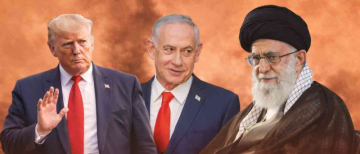TikTok is a critical “part of American life.”, says the Lawsuit
Days after TikTok's lawsuit against the US government, eight TikTok content creators also filed a lawsuit on May 14, challenging a new federal law that mandates a sale or ban of the app if its Chinese parent company doesn't divest its stakes within a year.
Why has the lawsuit been Filed?
The content creators in their lawsuit filed in the U.S. Court of Appeals for Washington, D.Cstates, argues that the law infringes upon their First Amendment rights. As mentioned in their 33 pages lawsuit, that the federal law violates users' free speech.
In the lawsuit, they claim that the law “bans an entire medium of communication and all the speech communicated through that medium, even though, at the very least, the vast majority of that speech is protected.” The creators rely on TikTok to express themselves, learn, advocate for causes, share opinions, create communities, and even make a living, it added.
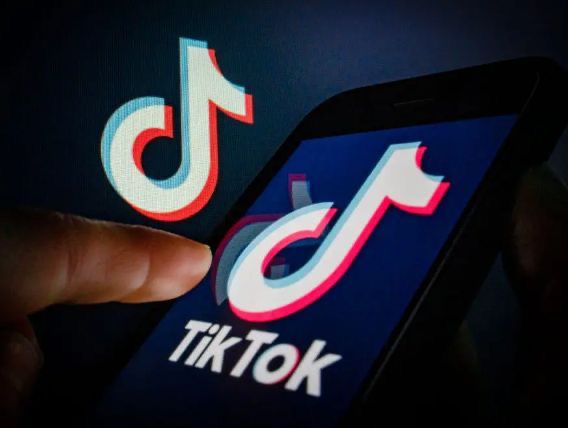
“They have found their voices, amassed significant audiences, made new friends, and encountered new and different ways of thinking ,all because of TikTok’s novel way of hosting, curating, and disseminating speech,' the lawsuit claims.
Moreover, many creators have posted videos vocalizing their concerns abou the ban of TikTok, the video creating platform, as it could also threaten their livelihood, given that they've built large communities on the platform. The lawsuit states that all “have tried using other social media apps, with far less success.”
Who all are the creators suing ? The complaint involves a range of content creators, all hail from different states and backgrounds. The list includes Brian Firebaugh, a rancher in rural Texas; Chloe Joy Sexton, a Tennessee baker who owns a cookie business; Talia Cadet, a D.C.-area based book reviewer; Timothy Martin, a college football coach in North Dakota; Kiera Spann, a political activist in North Carolina; Paul Tran, a skin care brand founder in Georgia; Topher Townsend, a Mississippi-based rapper; and Steven King, a comedy creator in Arizona.
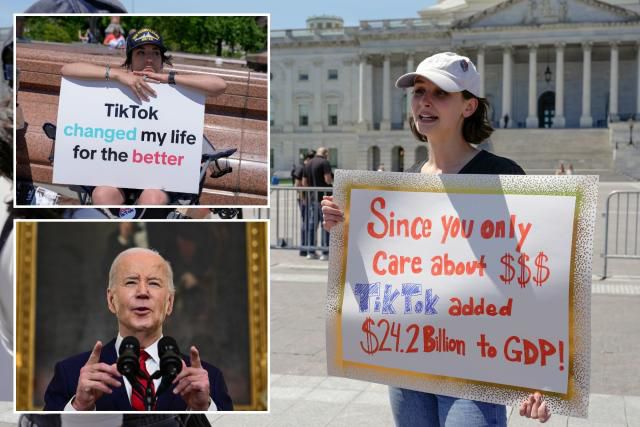
Brian Firebaugh, the rancher from Hubbard, Texas, who is at the centre of the creator lawsuit, said in an interview that he started using TikTok in 2020 to build his brand and advertise his products related to cattle online. Because of this choice, he was able to quit his day job and rely solely on TikTok revenue, now that he had over 430,000 followers.
“One hundred percent of our customers come from TikTok,” Mr. Firebaugh said. “For that to go away, you’re now stealing money out of my family’s mouths.”
Another creator, Chloe Joy Sexton, started creating videos on TikTok after losing her job in 2020 and currently has over 2.2 million followers. Her success on the app led her to start a cookie company and publish a cookbook.
She stated, “I’m proud to be part of this lawsuit and to stand up for everyone who counts on TikTok like I do.”
What is the New law forcing TikTok to shut down?
The ‘Protecting Americans from Foreign Adversary Controlled Applications Act’, signed into law by President Joe Biden last month, aims to ban TikTok from the U.S. market unless its Chinese parent company, ByteDance, divests it.
Under this law, ByteDance must sell TikTok to an approved buyer within nine months, with a possible three-month extension if a sale is in progress. This legislation, part of a broader foreign aid package, represents the first instance of the U.S. singling out a social media platform for potential prohibition, a move criticized by free speech advocates as reminiscent of actions taken by repressive regimes like those in Iran and China.
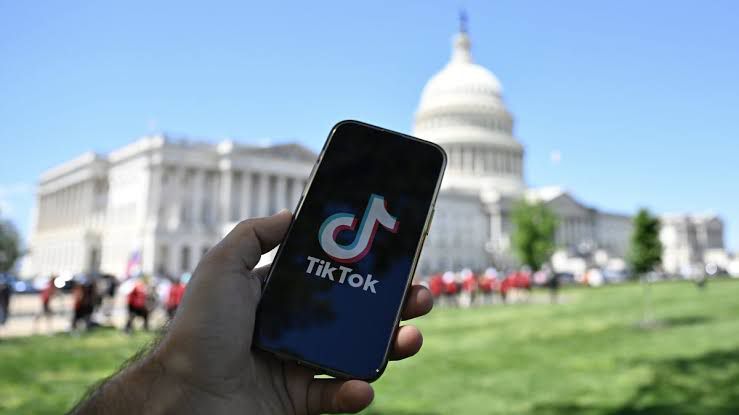
This legal battle over TikTok's future in the United States, potentially reaching the Supreme Court, intensifies as ByteDance asserts it has no intention of selling the platform.
Advocating for the new law, Rep. Raja Krishnamoorthi, a Democrat from Illinois and ranking member of the House Select Committee on the Chinese Communist Party, made a statement,
“This is the only way to address the national security threat posed by ByteDance’s ownership of apps like TikTok. Instead of continuing its deceptive tactics, it’s time for ByteDance to start the divestment process,” he said.
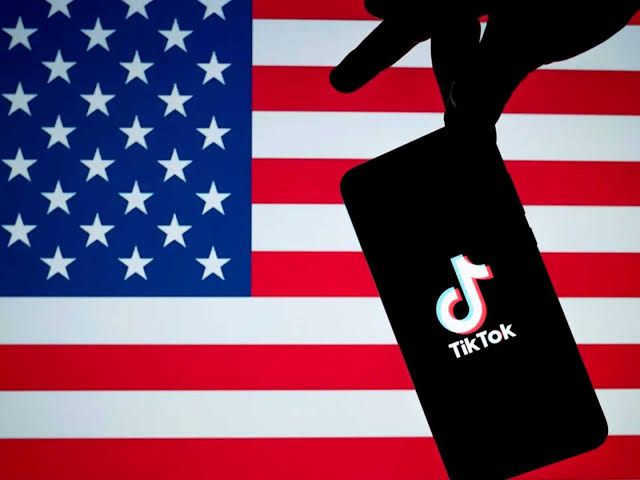
Before Creators, TikTok Filed a Lawsuit
TikTok and its parent company, ByteDance, filed a lawsuit against the US government's law last week, claiming it is unconstitutional and that they should be protected by the First Amendment's guarantee of freedom of expression. Here's few takeaways from the lawsuit.
Firstly, the lawsuit claims that the restriction infringes upon the First Amendment's guarantee of freedom of expression. TikTok and ByteDance argues that the government's use of national security concerns as grounds for the ban is insufficient as there is no sufficeient evidence which supports that TikTok is a threat to national security.
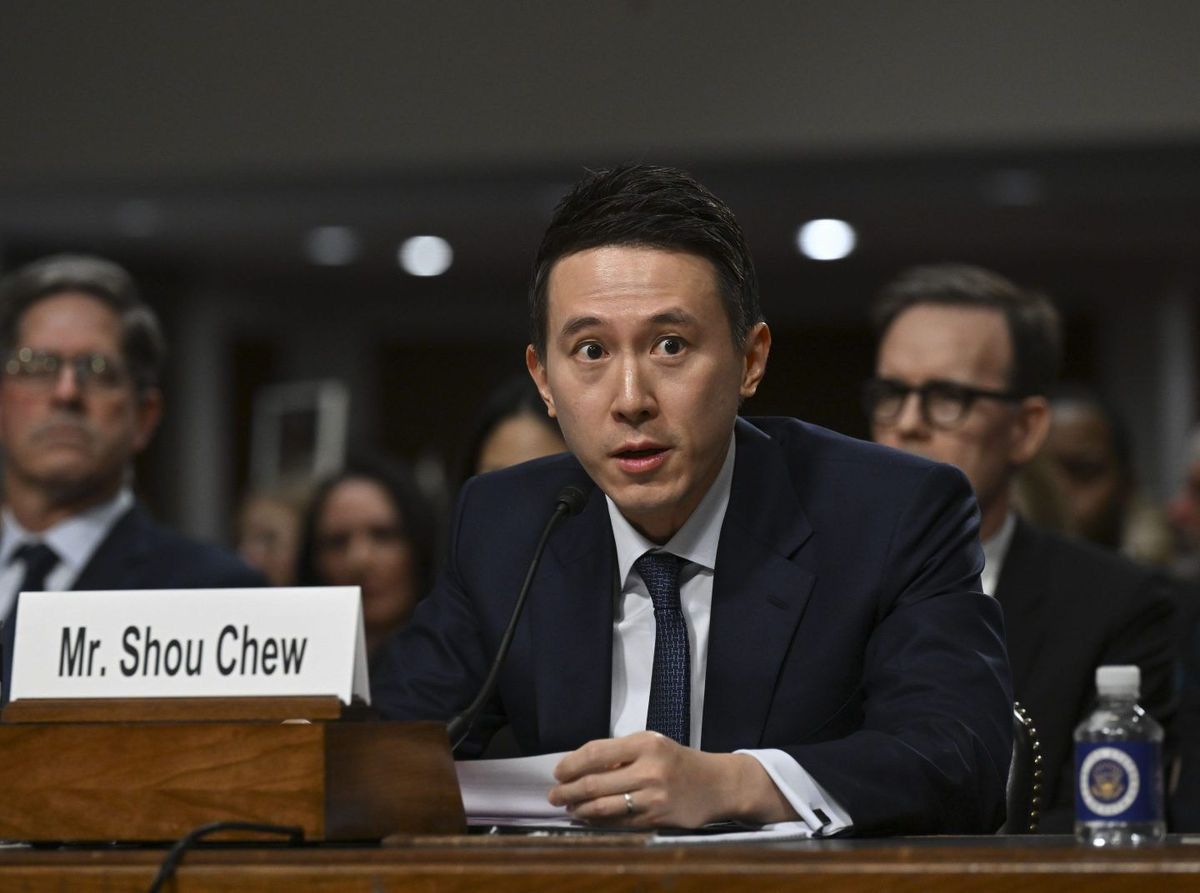
Secondly, TikTok and ByteDance argues that the law forces them with no choice but to shut down by next Jan. 19 because continuing to operate in the U.S. wouldn’t be commercially, technologically or legally possible.
Thirdly, the lawsuit said that it would be impossible for ByteDance to divest its U.S, because ‘ U.S. Only TikTok’ would operate as an island that’s detached from the rest of the world. They argue that it is not feasible to make the TikTok platform as a separate entity from the rest of TikTok, which has 1 billion users worldwide, most of them outside of the United States.
Fourthly, according to the lawsuit, the Chinese government has “made clear” that it wouldn’t allow ByteDance to include the algorithm that populates users’ feeds and has been the “key to the success of TikTok in the United States.”
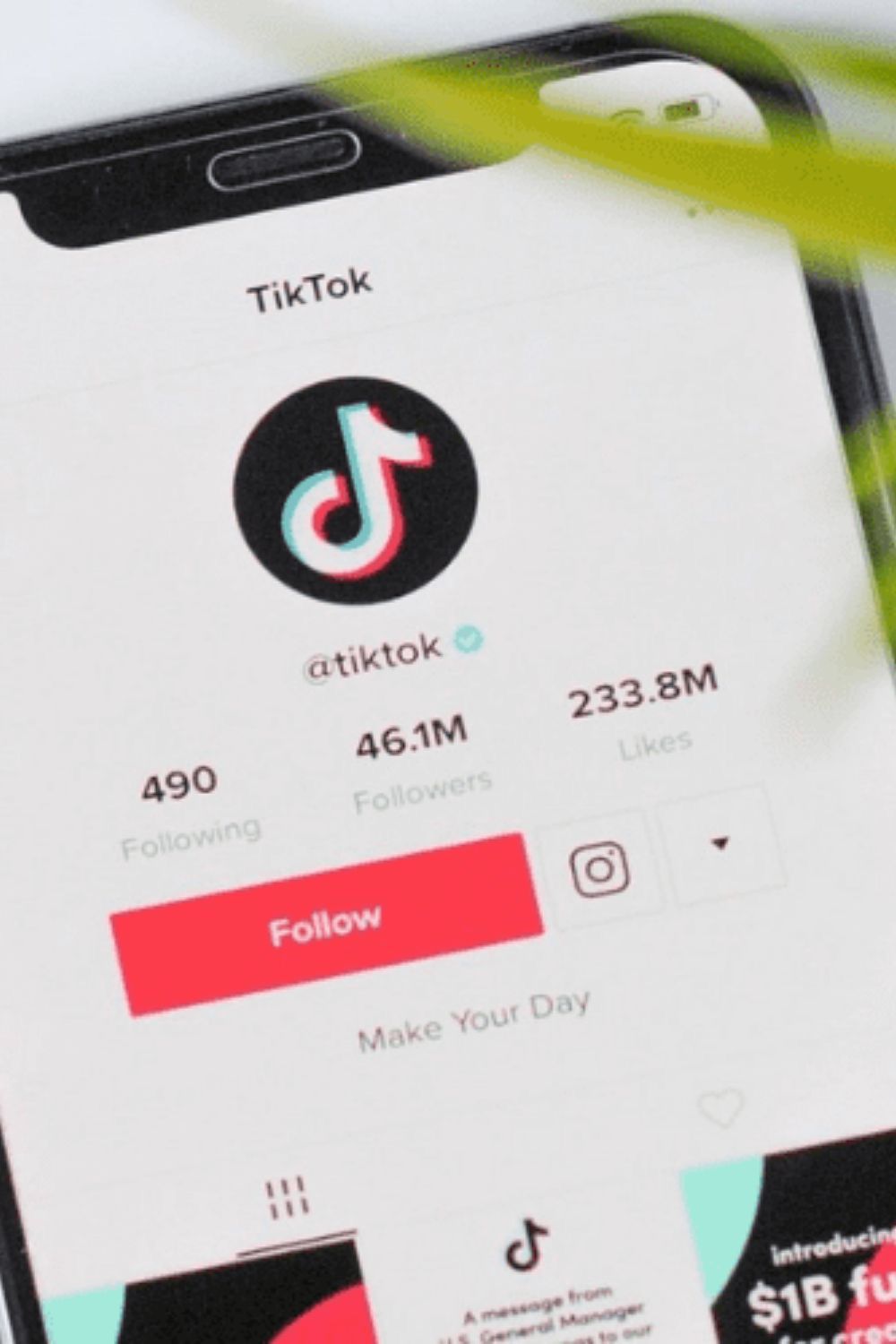
Moreover, TikTok and ByteDance emphasize the discriminatory aspects of the law, describing it as "content-based, viewpoint-based, and speaker-based." They cite instances where U.S. congressional members have made unfounded allegations about TikTok spreading Chinese government propaganda or endorsing "anti-American" and "anti-Israel" content as proof of prejudice.
Lastly, they assert in the lawsuit that, “For the first time in history, Congress has enacted a law that subjects a single, named speech platform to a permanent, nationwide ban, and bars every American from participating in a unique online community with more than 1 billion people worldwide.”
China controls TikTok to sway Public Opinion in US, officials argue.
The TikTok controversy is part of a larger battle between the United States and China, especially in regards to data security and cutting-edge technologies that are vital to both nations' economic and military might.
Politicians and law enforcement officials in the United States have expressed concerns about Chinese authorities' ability to force ByteDance to turn over user data from American citizens or alter the app's algorithm in order to sway public opinion.
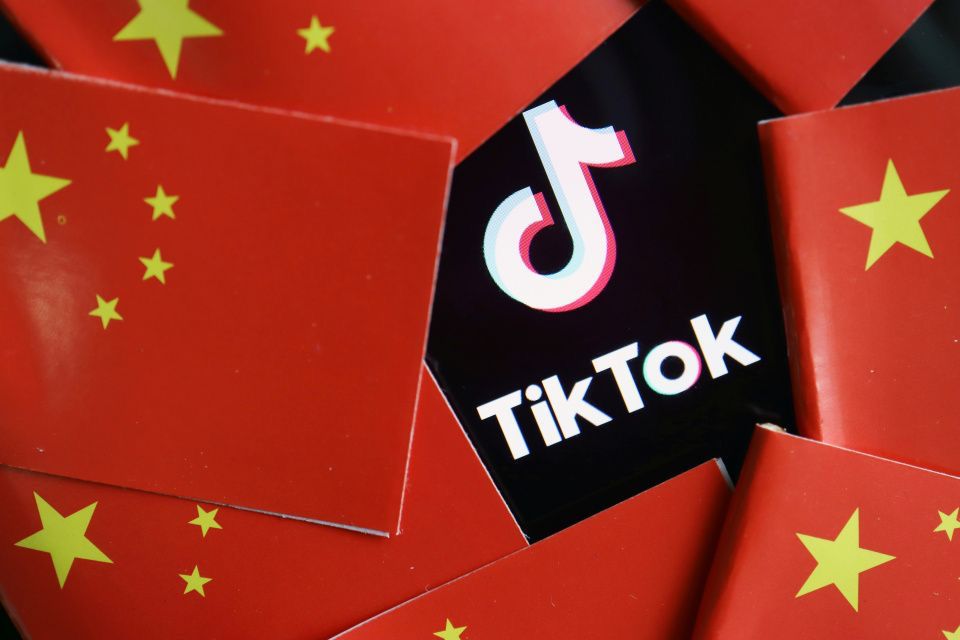
U.S. officials have criticised TikTok for not being able to protect user data from Chinese authorities and for possibly having an algorithm that could spread narratives that are favorable to China. However TikTok declines any such claims.
This legal dispute takes place in the context of increased geopolitical tensions between the United States and China on a number of fronts, including differences over China's support of Russia in the conflict in Ukraine.
Photo Credit: Multiple Sources
(Inputs from the agencies)
Ⓒ Copyright 2024. All Rights Reserved Powered by Vygr Media.









